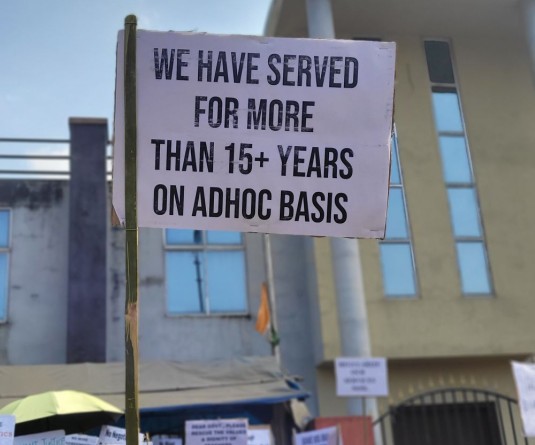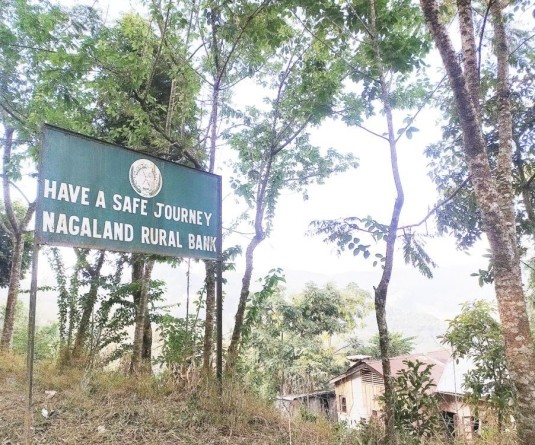
Claims Prohibition a success in Gujarat and Bihar
PHEK, March 7 (MExN): The Chakhesang Baptist Church Council (CBCC) issued a statement on March 7 justifying the Nagaland Baptist Church Council’s opposition to revoking of the Nagaland Liquor Total Prohibition Act, 1989. According to the CBCC, the seeds of the Act were sown in the 1960s, which went on to become a people’s movement “inspired by the teachings of the Bible.”
It said, “This Act came into being after nearly three decades of persistent appeal of the Naga public spearheaded by the Nagaland Baptist Church Council, the Naga Mothers’ Association and other civil society to eradicate the menace of drinking liquor in our land.” It added that the Act was born out of love for the people with the intention to prevent broken homes and economy, besides preventing moral and spiritual decay.
It further stated that the Act conforms to the ideals of the Directive Principles of State Policy as enshrined in the Constitution of India. “When India gained Independence in 1947, Prohibition was included in Directive Principles of the Constitution of India and accordingly the government of several states adopted and introduced these liquor prohibition laws. These states included Gujarat, Andhra Pradesh, Haryana, Kerala, Tamil Nadu, Bihar, Manipur, Mizoram, Lakshadweep and Nagaland.”
It went on to claim that, as a result, drinking among men, as well as incidence of violence against women, has reduced in the aforementioned states. It however did not cite data supporting the claim.
The CBCC specially pointed out Gujarat and Bihar as success stories vis-à-vis the implementation of Prohibition. It claimed, “It may be noted that Gujarat Prohibition Act 1949 is being enforced till today with significant success. In the case of Bihar state, ever since the Bihar Prohibition Act 2016 was introduced, the socio-economic effects of the state revealed that "within a year of prohibition, the number of murders and gang robberies decreased by 20%.”
Without attributing data source, it further cited percentile figures purportedly indicating reduction in riots and traffic accidents in Bihar. In the economic front, it claimed that household spendings have increased and in the villages, “brick houses are gradually taking the place of more rudimentary cottages since state prohibition came into effect.”
Juxtaposing the purported Prohibition success stories in Gujarat and Bihar with the NLTP Act, it held that the Nagaland government should come up with a comprehensive strategy to implement the Act, instead of focusing on the failures.
“Let us not forget that alcohol has destroyed our society once, and it continues and it will continue, unless we take our stand now with a determinant political will,” it said.





